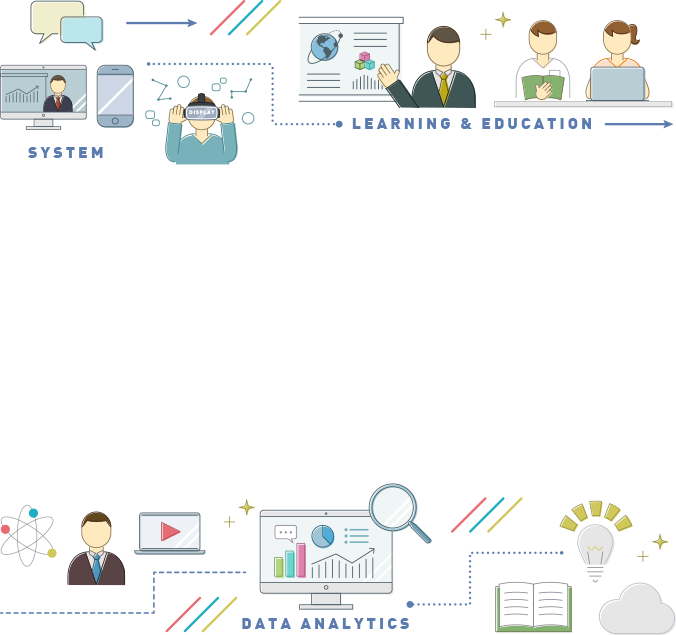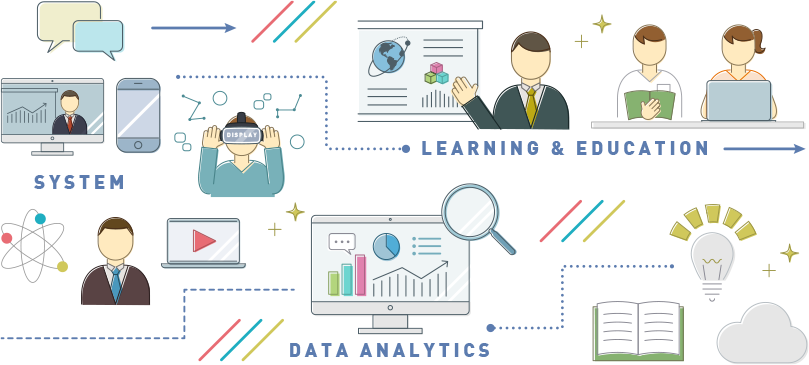On April 1st, a review paper introducing our case studies on learning analytics research was published in the Journal of the Society for Information on Education and Systems.
Masanori Yamada, Xuewang Geng, and Li Chen (2024). Toward an Evidence-Based Approach for Effective Improvement of the Learning Environment: Learning Analytics in Practice. Journal of the Society for Information on Education and Systems, 41(2), 86-96. https://doi.org/10.14926/jsise.41.86
At first, I hesitated to write this review paper. Since the main theme was evidence-based education, I thought, “Isn’t this something that Professor Ogata from Kyoto University should be writing?” In my reply to the offer, I even suggested, “Wouldn’t it be more appropriate for Professor Ogata to write this?”
However, in their response, they acknowledged that while Professor Ogata from Kyoto University is indeed at the forefront of this theme and has been pioneering in this field, learning analytics research from the perspective of evidence-based education is being conducted at various universities, not just at Kyoto University. They expressed interest in what Kyushu University is doing, particularly from the perspective of educational technology, and that is why they asked me to take on this task. Although I accepted, this work is not something I am doing alone; it is a team effort, especially with my former students. Therefore, I co-authored this paper with the elite members of Yamada Lab who obtained their PhDs here: Ms. Chen from our Faculty of Information Science and Electrical Engineering, and Mr. Geng, a specially Research assistant professor at our Data-Driven Innovation Initiative.
The main point is that while Professor Ogata’s LEAF (Learning Evidence Accumulation Framework) has already been the basis for numerous studies and practices in Japan, including detailed analysis of case studies and effect sizes, I believe that to make more effective use of such valuable platforms, we must conduct learning analytics research and practices that send a clear and strong message towards improving educational and learning environments.
What constitutes useful evidence? What contributes to the improvement of learning? What can be uniquely achieved through learning analytics? These are the questions we considered as we introduced the case studies of our practice-based research and learning process analysis. In our practice-based research, we attempted to extract learning behaviors that enhance the effectiveness of lessons, particularly in STEM classes where collaborative problem-solving discussions were incorporated as learning modules. As for learning process analysis, we presented examples from university and high school mathematics cases, where we examined the effective use of digital teaching materials and learning dashboards.
If you are interested, I would be delighted if you could take the time to read it.
Thank you for your continued support.







